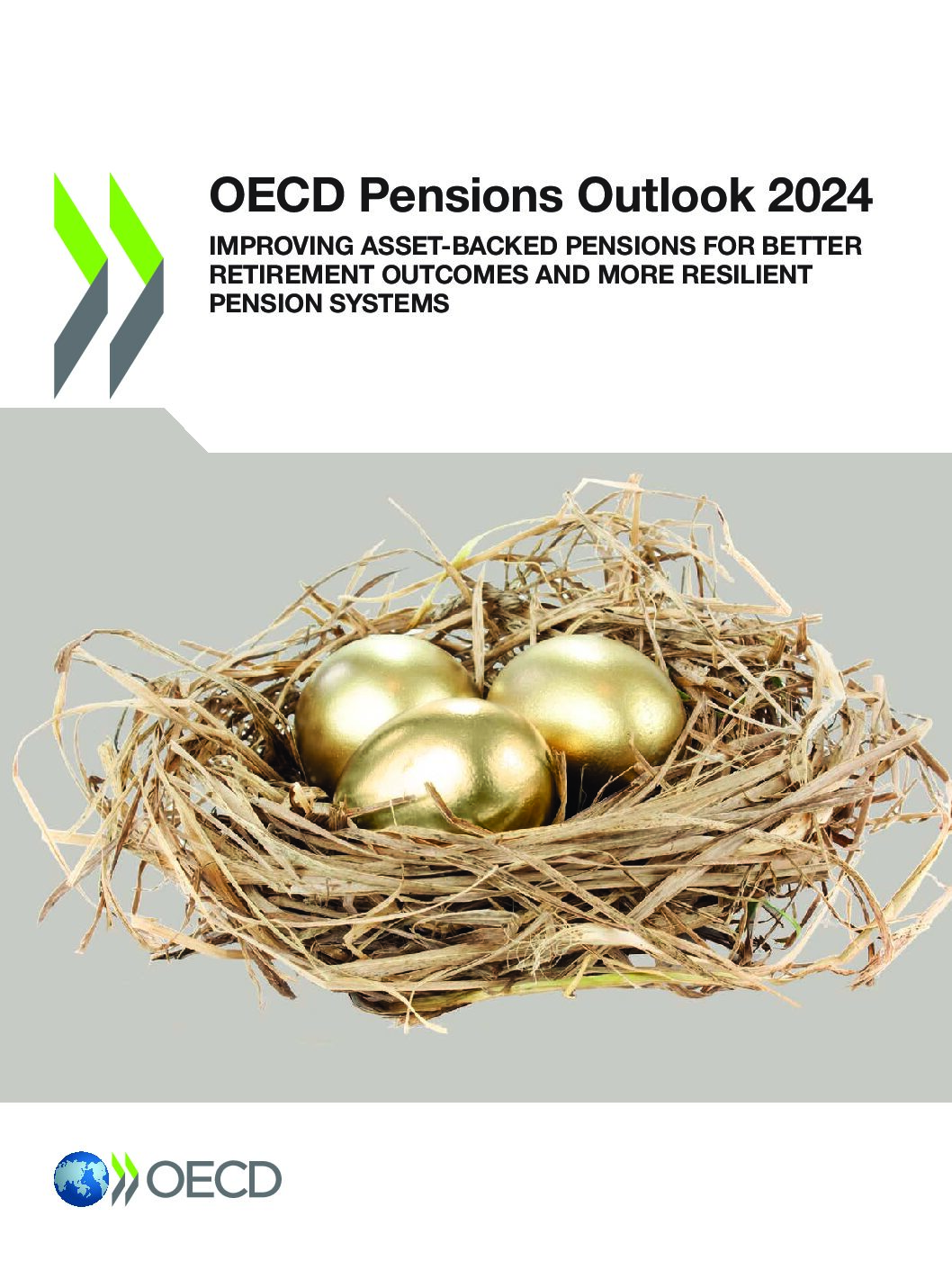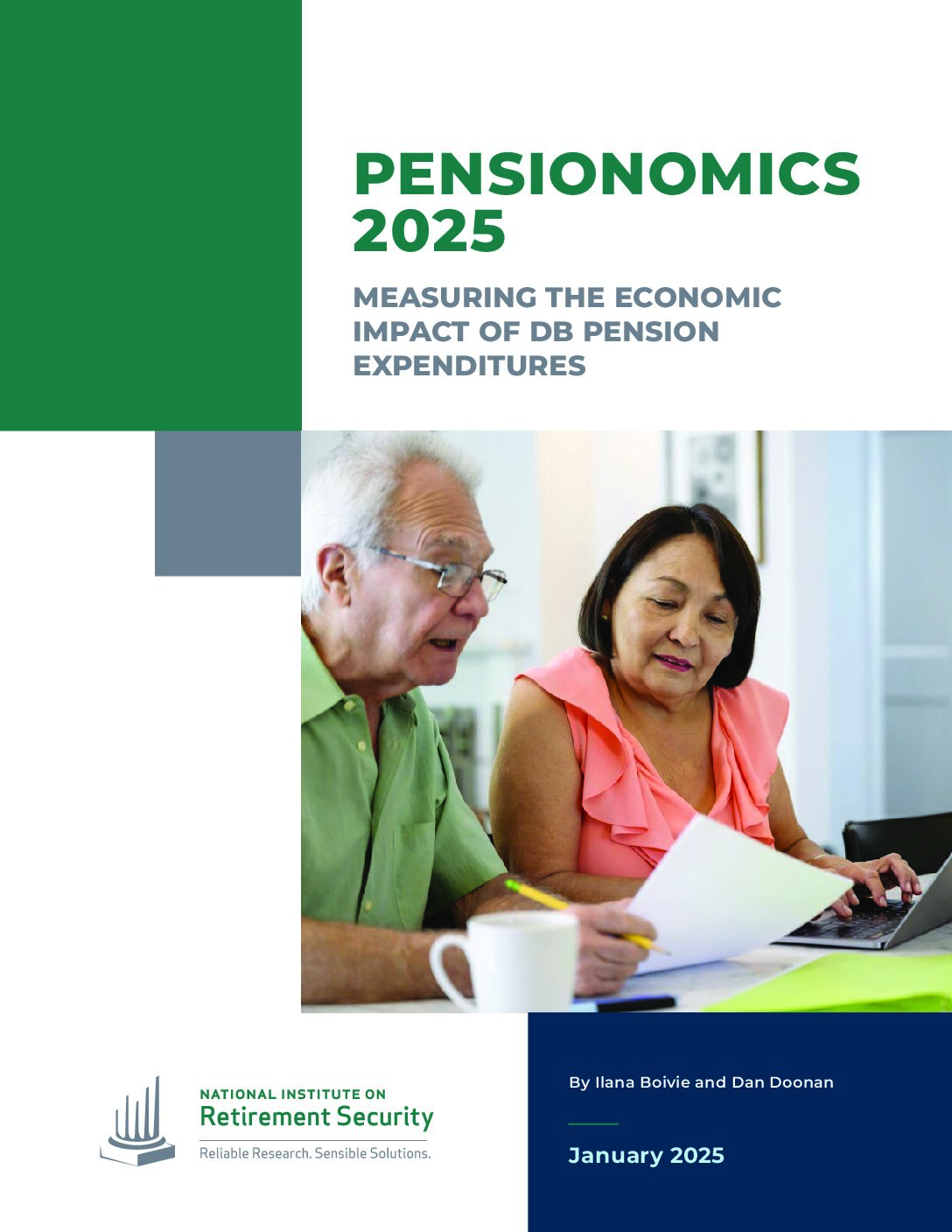A Two-Generation Model with Altruism for Reverse Mortgage Demand
By Yunxiao Wang, Katja Hanewald, Zilin (Scott) Shao, Hazel Bateman
Reverse mortgage markets remain relatively small internationally, with one frequently cited reason being bequest motives. We study the role of reverse mortgages in intergenerational financial planning as a tool for families to bring forward bequests. We develop a new two-generation lifecycle model with parental altruism to compare the welfare gains of bequests and early bequests (inter vivos gifts) for homeowning parents and adult children seeking to purchase their first home. The two-generation model accounts for house price risk, interest rate risk, investment risk, wage growth, health shocks, long-term care costs, private pensions, and means-tested public pensions. The model results suggest that families across a range of wealth levels can enjoy large welfare gains when the parent uses a reverse mortgage both for retirement income and to gift the adult child a first home deposit. By replacing parent bequest utility with altruism, our model better captures the welfare gains of early bequest for both generations. Compared to literature which shows reverse mortgage demand decreasing as bequest motives increase, we find that as the parent cares more about the child’s wellbeing, through altruism, utility gains from reverse mortgages for the family increase.
Source: @SSRN











